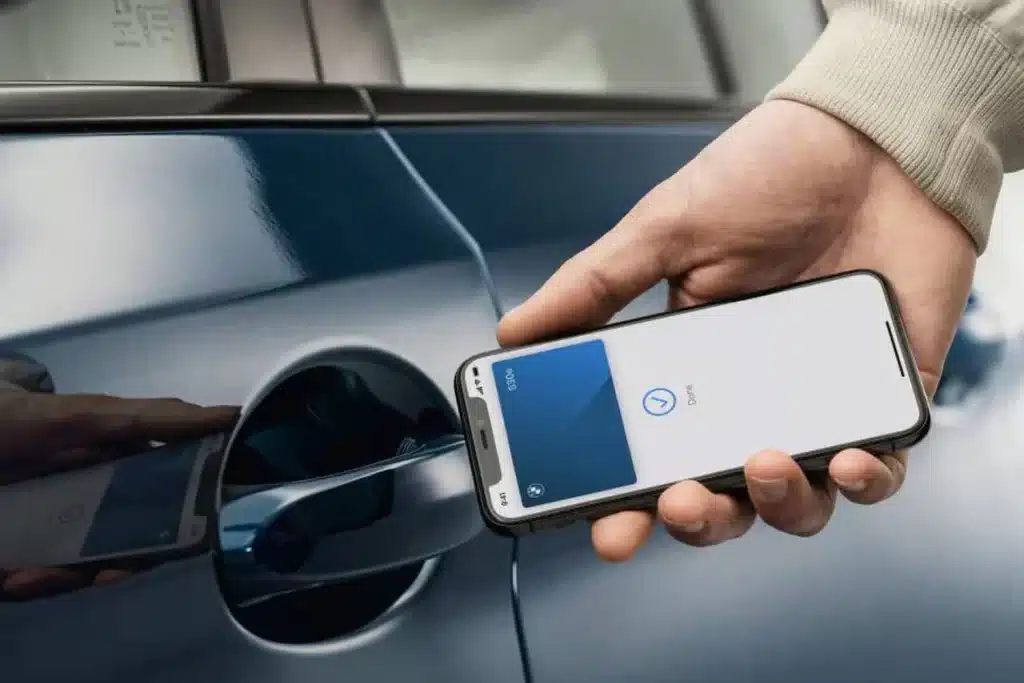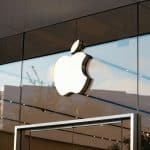Apple products are known as the most secure platforms which is true to some extent because of its tighter control over hardware and software allowing for a more robust system offering and also the fact that it has many guardrails in place, especially on the iPhone. However, every single software and hardware will have some sort of vulnerabilities or loopholes which are not identified until someone breaks in.
In Apple security news, the company recently patched a critical vulnerability which existed in its ImageIO framework. The vulnerability before being patched, allowed exploiters to execute code by sending an image. It meant that malware could be downloaded on iPhone and iPad devices without requiring the user to download any malicious app.

Increase in high-impact exploits targeting iPhone users
Apple has now patched the critical zero-day flaw in the ImageIO framework. Security experts stressed the urgency, urging immediate updates to iOS 18.1.3 and iPadOS. The flaw raised concerns about the growing frequency of high-impact exploits targeting iPhone users, often linked to spyware operations. Apple’s swift fix underscores both the constant cybersecurity challenges it faces and its need to maintain trust in iPhone security, especially as rival platforms strengthen their privacy credentials.

While Apple has gone down in the industry in terms of not being able to adopt Artificial Intelligence (AI) features at the pace the industry is doing, the fact cannot be dismissed that Apple devices continue to remain the safest platforms when compared to Android and Windows devices. From a cybersecurity standpoint, no device is safe but if you have to choose the safest amongst the plethora of options, the iPhone and the Mac truly standout as the most secure.
Google continues to chase its dream of being the smartphone maker which takes on the iPhone with its premium Pixel range offerings. However, it has not worked very well in Google’s favour but the company is not giving up easily, as it continues to ramp up introduction of new features every year which are akin to the iPhone’s. For example, this year, Google announced that upcoming Android versions will not allow installation of APK files without developer certificate signing – in a move to bring it closer to the closed and security-first approach of the iPhone.











